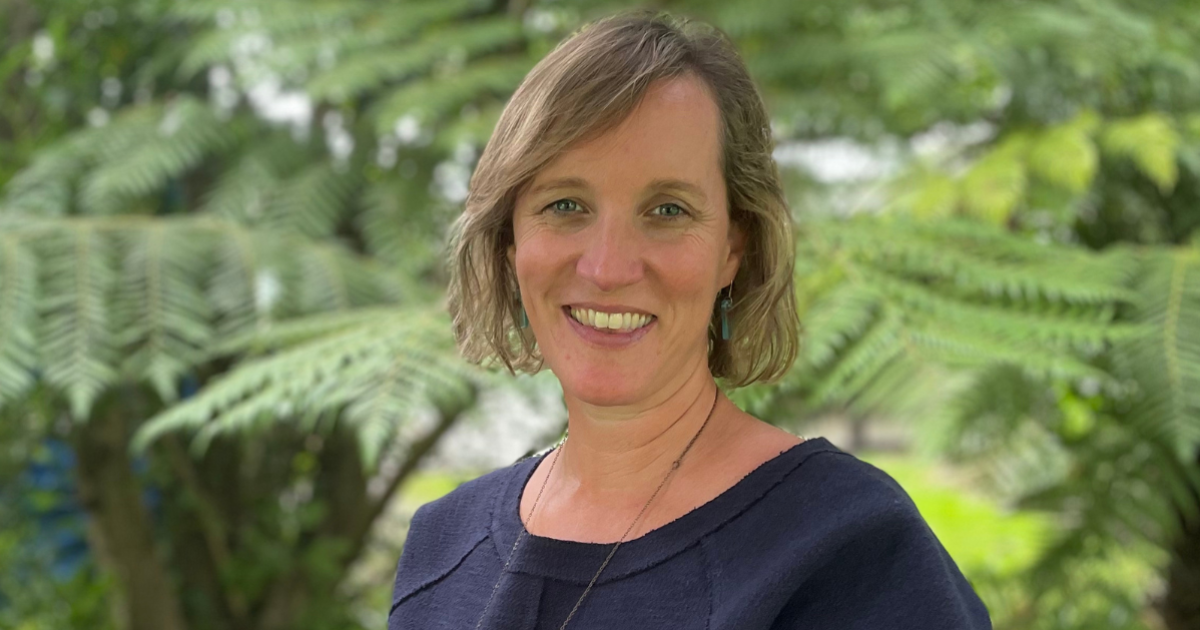Dr McKelvie-Sebileau highlighted the importance of initiatives such as the Ka Ora, Ka Ako school lunch programme, emphasising its relevance against her findings on food insecurity among children in Hawke’s Bay and the alarming results from the Programme for International Student Assessment (PISA) 2022.
The PISA 2022 results reveal significant challenges faced by 15-year-olds in New Zealand, indicating that hunger significantly hinders their proficiency in essential academic areas like maths, science, and reading. New Zealand ranks as the second worst in the OECD for 15-year-olds missing meals due to financial constraints, with Māori youth being disproportionately affected.
Dr McKelvie-Sebileau’s research was pioneering in documenting the alarming rates of food insecurity directly from the students’ perspectives in the region, linking these to their overall health and wellbeing. This research is especially relevant as potential funding cuts threaten to dismantle critical programmes such as Ka Ora, Ka Ako.
During the session, led by Professor David Tipene-Leach, Dr McKelvie-Sebileau candidly discussed the challenges of conducting her research, underscoring the commitment and resilience needed to work towards a better future for children. The discussion served as a powerful reminder of the stakes involved if initiatives like Ka Ora, Ka Ako are reduced or removed, particularly in light of the PISA findings.
Programmes like Ka Ora, Ka Ako have made significant progress in providing nutritious lunches to students, yet the demand still far exceeds the supply. The strong turnout for the talk reflected the collective concern and hope within the community.
As the community faces these challenges, there is a renewed focus on the importance of standing united to ensure the health and wellbeing of all children.

